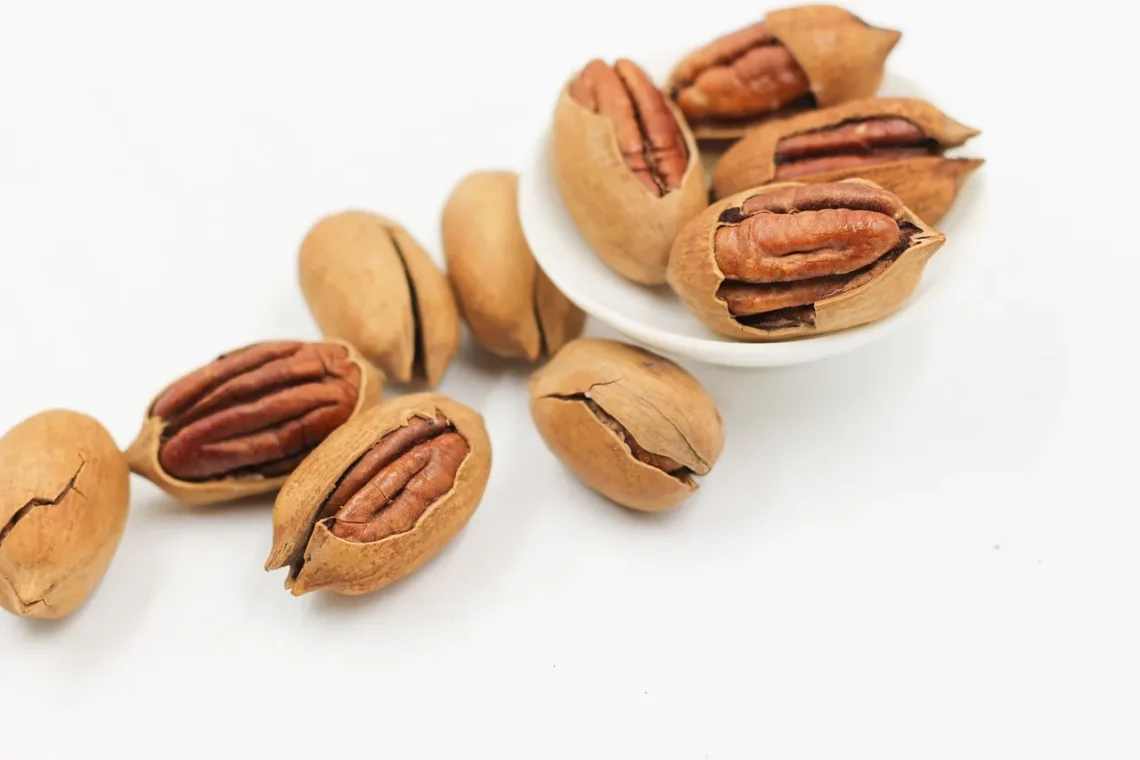
Is Whey Protein Vegetarian? Understanding Its Source and Composition
Whey protein has gained immense popularity as a dietary supplement over the years, particularly among fitness enthusiasts and athletes. Its reputation as a high-quality protein source is well established, thanks to its rich amino acid profile and quick absorption by the body. However, the question of whether whey protein is suitable for vegetarians is a common one, often leading to confusion among those who adhere to a vegetarian diet. The complexity of dietary choices in today’s world necessitates a deeper understanding of food sources, particularly when it comes to protein supplementation.
Understanding the source of whey protein is essential, as it directly impacts its classification within dietary guidelines. While many might assume that all protein products are universally vegetarian, the truth is often more nuanced. Whey protein is derived from milk, making it a byproduct of cheese production. This fact raises important considerations regarding its compatibility with vegetarian ethics and dietary preferences. As the conversation around plant-based diets continues to grow, it’s increasingly important to clarify the nature of whey protein and its role within a vegetarian lifestyle.
In this article, we will explore the origins of whey protein, its composition, and how it fits into different dietary frameworks. By gaining insight into these aspects, individuals can make informed choices about whether to include whey protein in their diets.
What is Whey Protein and How is it Made?
Whey protein is a high-quality protein derived from milk during the cheese-making process. When milk is coagulated, it separates into curds and whey. The curds are used to produce cheese, while the liquid whey is processed to extract the protein. This whey undergoes filtration and processing to remove fats and carbohydrates, resulting in a concentrated protein powder. The final product is rich in essential amino acids, making it a popular choice among those looking to enhance their protein intake.
The process of making whey protein typically involves several steps. Initially, the liquid whey is collected and pasteurized to eliminate any harmful bacteria. Following pasteurization, it is filtered to concentrate the protein content. There are different methods of filtration, including microfiltration and ultrafiltration, each affecting the final protein concentration and the presence of other nutrients.
Whey protein comes in several forms, including whey protein concentrate, isolate, and hydrolysate. Concentrate contains about 70-80% protein, while isolate contains around 90% or more. Hydrolysate undergoes partial hydrolysis, making it easier to digest and absorb. Each type serves specific dietary needs and preferences, contributing to whey protein’s versatility as a supplement.
Understanding the production process helps clarify why whey protein is classified as an animal-derived product. For strict vegetarians who avoid all animal products, whey protein may not align with their dietary choices. However, for lacto-vegetarians, who consume dairy products, whey protein can be an acceptable source of protein.
Nutritional Benefits of Whey Protein
Whey protein is often lauded for its impressive nutritional profile. It is not only rich in protein but also contains essential amino acids, which are crucial for muscle repair and growth. This makes it particularly beneficial for individuals involved in resistance training or those looking to increase muscle mass.
One of the key advantages of whey protein is its high biological value (BV), which measures how efficiently the body can utilize the protein. Whey protein has a BV of around 104, making it one of the most bioavailable protein sources available. This means that the body can quickly absorb and utilize the amino acids in whey protein, promoting muscle recovery and growth more effectively than many other protein sources.
In addition to its muscle-building benefits, whey protein has also been associated with various health benefits. Research indicates that it may help in weight management by promoting satiety and supporting fat loss while preserving lean muscle mass. Furthermore, whey protein may have positive effects on blood sugar levels and insulin sensitivity, making it a potentially beneficial supplement for individuals with metabolic concerns.
Antioxidant properties are another significant aspect of whey protein. It is rich in cysteine, an amino acid that helps the body produce glutathione, a powerful antioxidant that promotes overall health and well-being. This antioxidant effect can support the immune system and reduce oxidative stress, contributing to better overall health.
While the nutritional benefits of whey protein are substantial, it is essential to consider individual dietary needs and preferences. For those who can consume dairy, whey protein can be an excellent addition to their diet. However, it may not be suitable for everyone, particularly those with lactose intolerance or allergies to dairy.
Is Whey Protein Suitable for Vegetarians?
The question of whether whey protein is vegetarian-friendly largely depends on one’s definition of vegetarianism. There are various classifications within vegetarian diets, including lacto-vegetarian, ovo-vegetarian, and strict vegetarian (or vegan).
Lacto-vegetarians include dairy products in their diets, making whey protein a viable option for them. Since whey protein is derived from milk, it aligns well with their dietary choices. On the other hand, strict vegetarians or vegans who avoid all animal products would likely exclude whey protein from their diets, as its source is animal-based.
In recent years, the rise of plant-based protein supplements has provided alternatives for those who prefer not to consume animal-derived products. Plant-based protein powders made from sources such as peas, rice, hemp, and soy offer a wide range of protein options without animal ingredients. These alternatives cater to the growing number of individuals adopting vegan or strictly vegetarian lifestyles while still seeking to meet their protein needs.
It’s also worth noting that some individuals who identify as vegetarians may still choose to consume whey protein for its benefits. This often depends on personal health goals, dietary preferences, and ethical considerations regarding animal welfare. Ultimately, the decision to include whey protein in a vegetarian diet is a personal one, influenced by individual values and nutritional objectives.
For those who choose to avoid whey protein, there are many other excellent protein sources available in a vegetarian diet, such as legumes, nuts, seeds, tofu, and various whole grains. These foods can provide adequate protein while aligning with vegetarian principles.
Conclusion: Making Informed Dietary Choices
In summary, whey protein is a high-quality protein source derived from milk, making it suitable for lacto-vegetarians but not for strict vegetarians or vegans. Understanding the source and composition of whey protein allows individuals to make informed dietary choices based on their ethical beliefs and nutritional needs.
The growing diversity of protein supplements in the market means that there are plenty of alternatives available for those who prefer to avoid animal products. Whether one chooses whey protein or plant-based options, the most important aspect is ensuring that dietary choices align with personal values and health goals.
As always, individuals should consult with healthcare professionals or registered dietitians when making significant changes to their diets or addressing specific health concerns.
**Disclaimer:** This article is not intended as medical advice. For health-related issues, please seek the guidance of a qualified healthcare professional.




